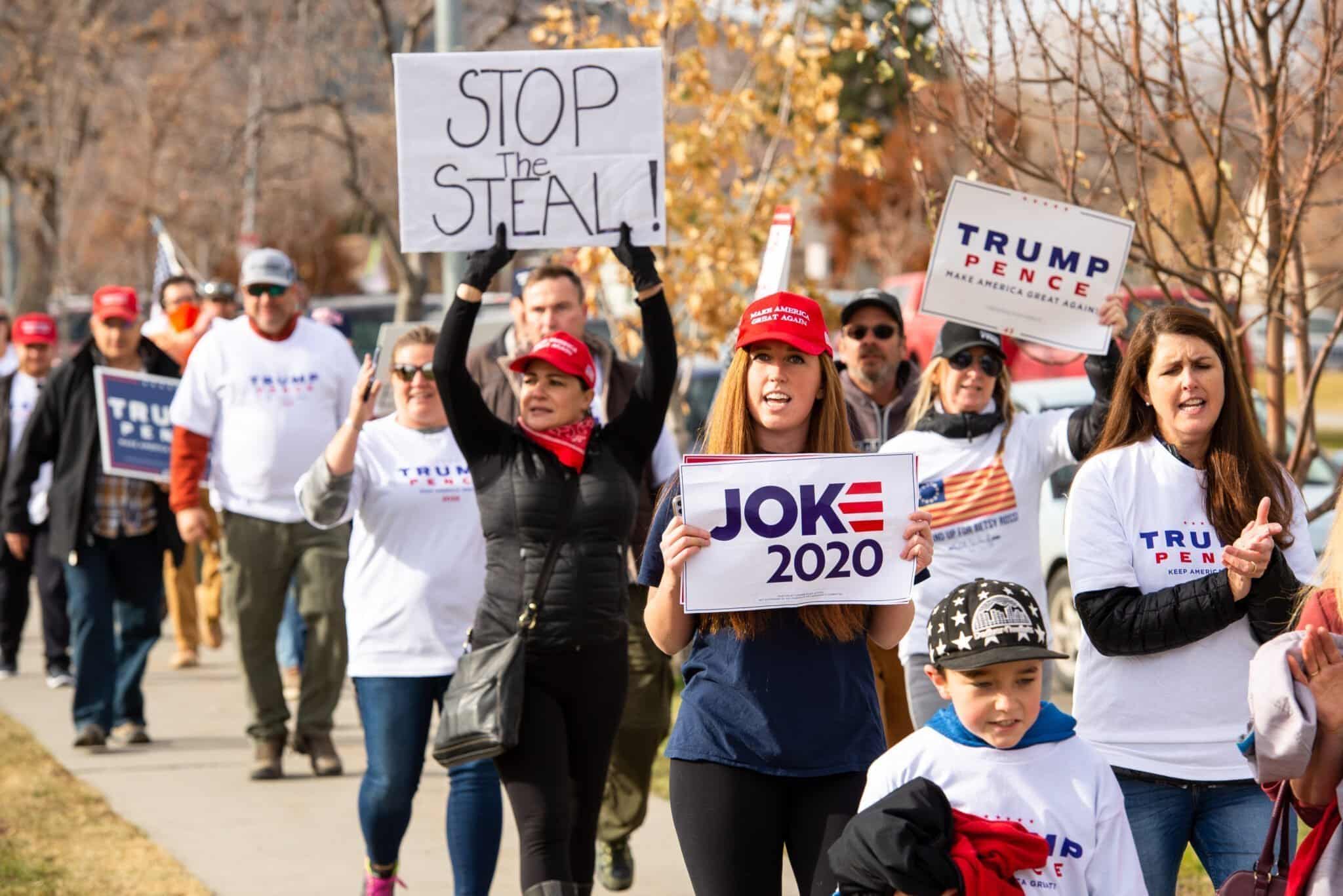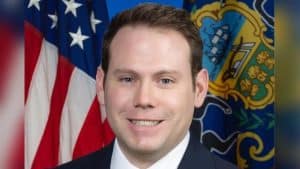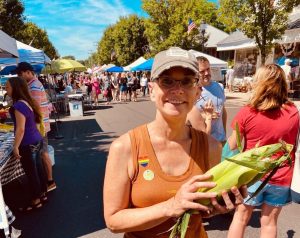Several election deniers running for county commissioner and county council in Pennsylvania won their primary races on Tuesday. Of the 45 Republican candidates identified by Votebeat – who denied or cast doubt on the results of the 2020 election – nearly half have won their party’s nomination and will face off against their Democratic opponents in November.
These candidates have either directly claimed that the 2020 presidential election was stolen or have expressed broad skepticism about the security of elections in both the state and country, using phrases like “election integrity” to signal their doubt to voters. While election deniers running for any government office is cause for alarm, county commissioners have the authority to make crucial decisions about how elections are run in each county.
According to Votebeat, commissioners can “determine the locations of voting precincts, set election budgets, hire election directors, and — until the law changes or courts rule differently — make consequential decisions about the rules voters follow.” If candidates who believe or help push election conspiracies get elected to these positions, it could greatly undermine the state’s electoral system and democratic process.
A recent report from the Brennan Center for Justice examining the role that election denial played in the 2022 midterm elections found that election-denying candidates are likely to run for offices that help oversee elections, refuse to concede if they lose, refuse to certify election results they don’t favor, sow distrust about the security and accuracy of voting machines, illegally tamper with voting equipment and data, spread disinformation about elections and voting, intimidate voters, and suppress votes through court decisions and anti-voters laws, among others. All of these tactics ultimately aim to undermine safe and secure elections by eroding public trust and making it harder to vote.
According to All Voting is Local‘s Pennsylvania State Director Nick Pressley, the two main keys to combating election denialism are transparency and education.
“These disinformation candidates trying to overturn the will of the people, their goal is to sow distrust, and through that distrust, they suppress turnout,” Pressley told the Bucks County Beacon. Educating voters about how elections work and allowing them to see it for themselves, however, can help “demystify the voting process” for them.
According to Pressley, it’s important for voters to know that “instances of voter fraud are astonishingly low and that there are mechanisms in place to counter such efforts should they occur.” In addition, increasing funding for the PA State Department, as well as local boards of elections, can help ensure that poll workers are better trained and, therefore, less likely to make routine mistakes, which bad-faith actors can then amplify and mischaracterize as sabotage.
Counting votes quickly and efficiently and getting results in on time can also help to invalidate claims of election rigging. Since Pennsylvania doesn’t allow mail-in ballots to be counted until Election Day, however, large voter turnout may make this task more difficult to accomplish. One solution that is currently being considered in the state legislature is a bill that would allow pre-canvassing, or counting mail-in ballots prior to the election. The bill, which made it through a House committee just last month, would give election officials seven days to start processing and tallying mail-in ballots before Election Day.
Pressley says it’s also important to hold election-denying candidates accountable for their words and actions and call them out by name.
“We need to continue to point out who the election deniers are, what their goals are, and make sure that people understand what they’re trying to do in order to suppress the vote,” he said. “We need to make sure that folks who get into those positions are fully informed about the veracity and the truth behind how making ballots accessible to more people is good for our democracy, and then if they actively do things to stand in the way or actively deny election results and cast doubt on our very secure elections in Pennsylvania, we need to hold them accountable.”
Here are the names of the election-denying county commissioner and county council candidates who won their primacy races: Leslie Osche, Kimberley Geyer, Nick Sherman, Thomas Dibello, Todd Graybill, Chris Chermak, Josh Parsons, Ray D’Agostino, Doug McLinko, Greg Gebauer, Randy Bunch , Stuart Ulsh, Larry Padora, Boots Hetherington, Brian Fochtman, Rick Wilbur, Harry Haas, Paul Moat, and Daniel Camp.







